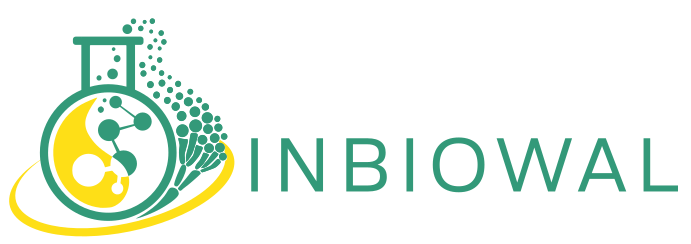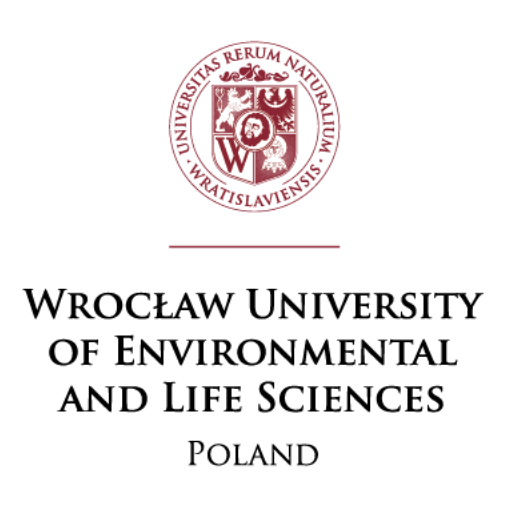UPWr: A LEADING FORCE IN INBIOWAL
As the coordinator of the INBIOWAL project, Wrocław University of Environmental and Life Sciences (UPWr) brings a wealth of expertise and leadership to this ambitious initiative. Recognized for excellence in agricultural, environmental, and food sciences, UPWr plays a pivotal role in driving the project’s goals of innovation and sustainability.
Role in INBIOWAL
UPWr oversees the coordination of all project activities, ensuring effective communication, strategy alignment, and management of resources across international partners. The university is directly involved in groundbreaking research activities, including:
- Extraction of bioactive compounds using eco-friendly processes.
Development of enzymatic transformations and biocatalytic methodologies. - Advancing biotechnological solutions for waste valorization.
UPWr also plays a central role in the establishment of BIOREF4FUTURE, the envisioned Center of Excellence, which aims to bridge the gap between academic research and industrial application.
Research Excellence and Achievements

Institutional Recognition
- Ranked among Poland’s top institutions for agricultural and food sciences, with an A+ distinction in food technology and nutrition disciplines.
- Globally recognized in the Shanghai Ranking for Food Science & Technology.

Innovative Research Contributions
- Pioneering studies on chemoenzymatic synthesis of bioactive compounds, including phenolics and proteins, for applications in food and nutraceuticals.
- Leading investigations into the valorization of agricultural by-products, particularly focusing on sustainable technologies.

Collaboration and Industry Ties
- Strong partnerships with regional and global organizations, including KGHM Polska Miedź S.A., Henkel, and Maspex.
- Collaborated on key regional development initiatives, such as the „Green Valley of Food and Health,” aligning with national strategies for sustainable growth.

Global Reach
- Membership in prestigious networks such as the European Biomass Research Network (EUBREN) and Climate-KIC.
- Successful participation in major international research programs, including Horizon Europe and Horizon 2020.
Specialized Research Groups
With a focus on enzyme-driven processes, this department leads research in sustainable and efficient synthesis of bioactive molecules.
Renowned for its work in converting agricultural waste into biofuels, enzymes, and microbial biomass, this department advances waste valorization solutions.
An interdisciplinary group focusing on biorefining agricultural by-products and developing green processes for bioactive compound production. The team is central to the biocatalysis research conducted under INBIOWAL.
Infrastructure and Projects
UPWr’s robust research infrastructure, supported by grants and international collaborations, enables cutting-edge studies. Highlights include:
- Over 100 patents filed and 442 high-impact publications between 2019 and 2023.
- Active participation in projects funded by the National Science Centre (NCN) and the National Centre for Research and Development (NCBiR).
- Development of state-of-the-art facilities such as the Center for Innovative Food Production Technologies (CIT), fostering advancements in food biotechnology.
Leadership in BIOREF4FUTURE
UPWr spearheads the establishment of BIOREF4FUTURE, a Center of Excellence dedicated to oil industry by-product valorization. This initiative focuses on:
- Creating pathways for the commercialization of research outcomes, particularly for bio-based products.
- Establishing partnerships with industry leaders to support technology transfer and industrial-scale applications.
- Nurturing spin-offs and startups in the green biotechnology sector.
Impactful International Collaboration
UPWr’s commitment to global partnerships is exemplified through its collaborations with institutions such as the University of Zagreb, Politecnico di Milano, and the University of Queensland. Key areas of collaboration include:
- Development of Natural Deep Eutectic Solvents (NADES) for green extraction methods.
- Engineering of enzymes for enhanced stability and performance in industrial contexts.
- Integration of molecular biology techniques to advance waste valorization technologies.

